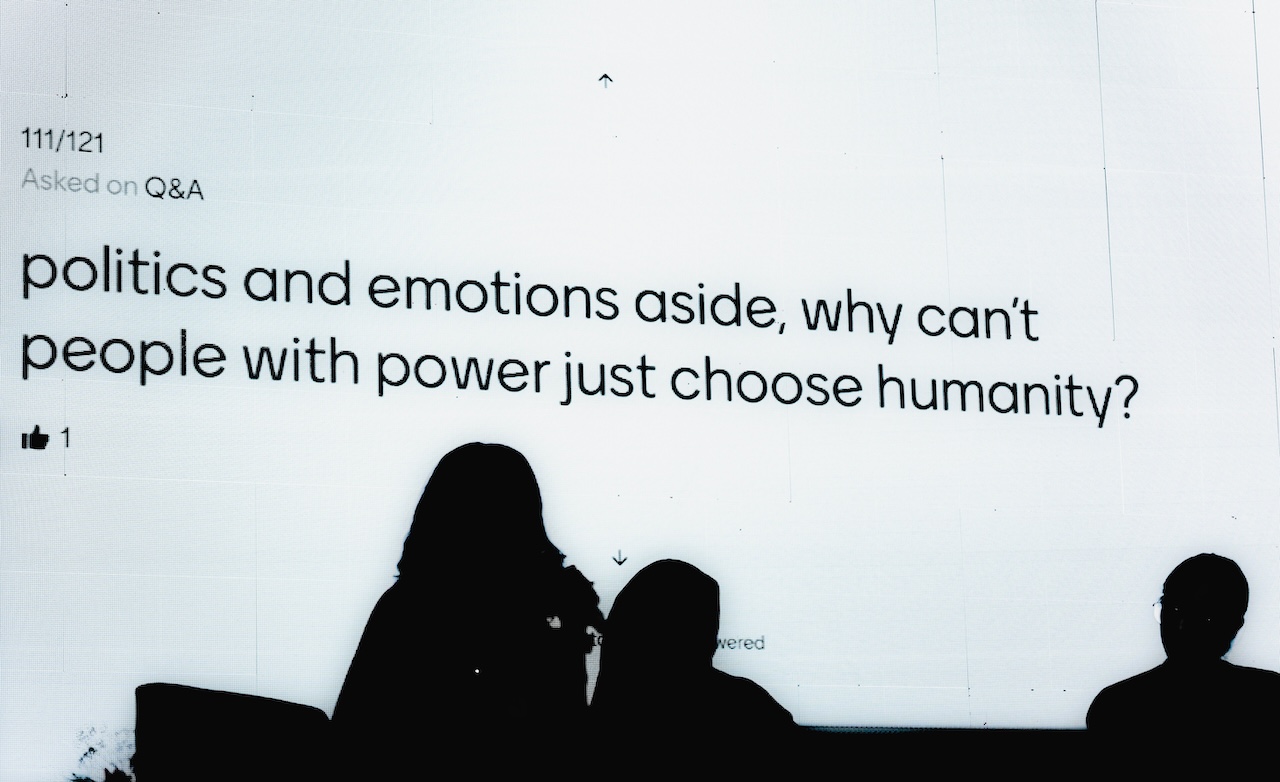Top image: Reza Rifaldi for RICE Media
Is there a disconnect between the expectations and reality of the Singapore government’s response to the situation in Gaza?
Singaporeans who rightly feel outraged and upset about the plight of Palestinians want their government to make a stronger stance against Israel’s siege on Gaza. But that has already been made clear by Minister of Foreign Affairs Vivian Balakrishnan in Parliament. He’s also flown to Israel to personally express Singapore’s unambiguous views to its leaders that things have “gone too far”.
ADVERTISEMENT
Singaporeans feel that the government hasn’t done enough to call for a ceasefire on the world stage. But Singapore voted in favour of a resolution for an immediate and sustained humanitarian truce last October, in the early stages of Israel’s military response. Even before that, Singapore voted against illegal settlements by Israel and rejected the United States’ decision to recognise Jerusalem as Israel’s capital.
Singaporeans feel that more should be done to help the people in Gaza, who are facing the horrors of famine right now. But the government has supported local humanitarian efforts to send relief supplies and has called for immediate, continuous and unhindered provision of essential supplies to civilians in Gaza.
Singaporeans feel that we close an eye on Israel’s advocacy. But Minister for Law and Home Affairs K Shanmugam acted swiftly against a problematic Facebook post by the Israel embassy in Singapore, which attempted to justify the occupation of Palestine through (mis)using the Quran.
At the same time, some Singaporeans continue to believe that their leaders are doing nothing or aren’t doing enough.
I witnessed this disconnect firsthand at the recent Gaza Monologues, the first pro-Palestinian assembly in Singapore with direct government involvement.
Due to the lack of control over the direction of the panel discussion, chaos ensued. The forceful disagreements on stage got the crowd riled up. When it came time for Q&A, the audience vented their anger at the closest thing to a government official on the panel. Nobody tried to call for cooler heads.
How do we make sense of this disconnect? And in the face of it, how can we play constructive roles in the issues we care deeply about?
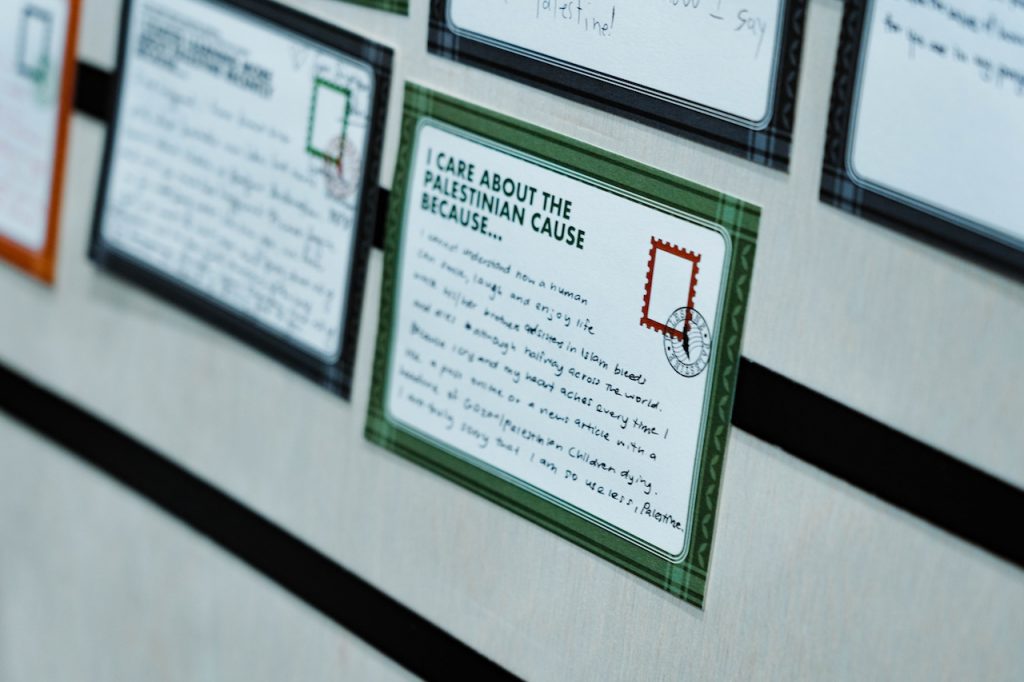
Fragile Things
For those who may not have been aware, the Gaza Monologues had been an intentional, high-risk effort by the state to engage with civil society actors like Lepak Conversations to move the discourse forward productively. It was a decision that had not been taken lightly since all prior assemblies and gatherings over the Gaza situation had been prohibited on the grounds of protecting Singapore’s peace—often referred to as ‘fragile’.
ADVERTISEMENT
During the event, much of the audience’s fury stemmed from a perceived lack of effort by the Singapore government to do more to oppose the actions of the Israeli government.
As noted in our post-event report, it was as if everyone wanted clarity from panellist Janadas Devan, the Senior Advisor (Government Communications) at the Ministry of Communications and Information. Many members of the audience sought clarification from him—assumed to be a government proxy—even if he didn’t have all the answers.
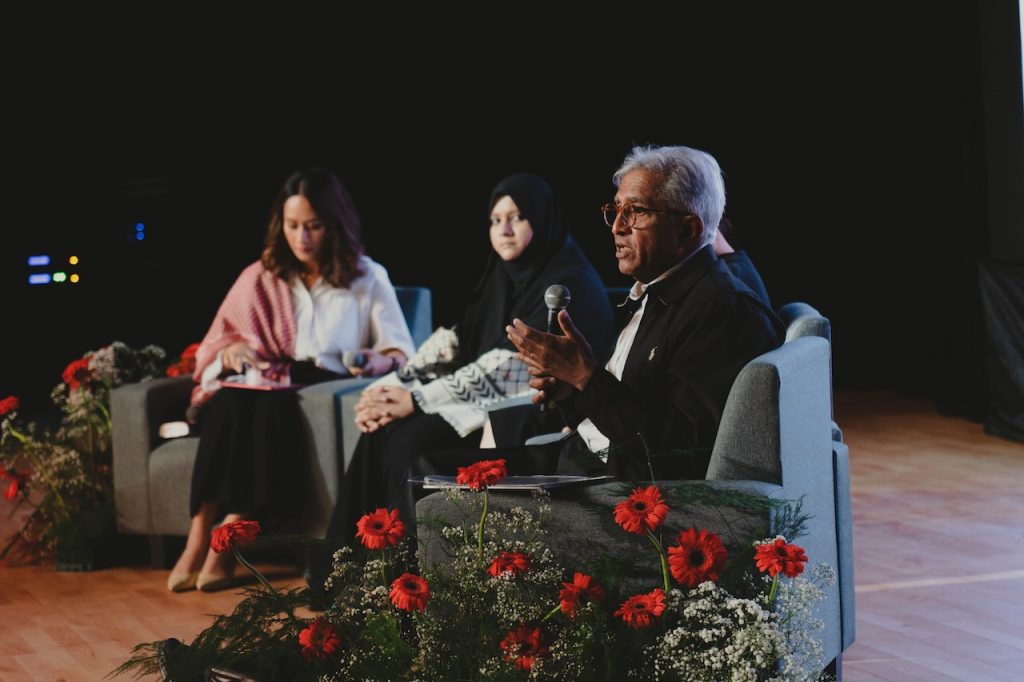
In this ensuing emotional uproar, there was a missed opportunity for effective dialogue and a coherent exchange of views.
To understand what could have been different, we must first understand the Singapore government’s default position on such issues.
In a recent incident involving a post by the Israeli Embassy that made claims by citing the Quran, condemnation from the Singapore government was swift.
“Often embassies say and put out posts, statements that we may disagree with, but we generally don’t intervene because they represent sovereign countries; they have autonomy,” Minister Shanmugam said in response.
“But where it affects the safety and security of people in Singapore, the peace and harmony that we enjoy, we do, and we will intervene.”
This was consistent with how the state tends to decide when to intervene in sensitive discourse. If pro-Palestine assemblies and gatherings are prohibited on grounds of potential disruptions to social harmony, the same treatment would be given to pro-Israel political missives that outrightly prod at religious sensitivities.
With all these in mind, the government took a leap of faith to partner with Lepak Conversations for the event. What could have pushed things forward productively was organisational clarity on the agenda: to encourage the acceptance of diverse views for constructive dialogue to find a common thread between the people and the state.
Without this clear intention at the start of the event or through moderation, the ground was left open for a frustrating free-for-all of raised voices that made little difference to the real issue taking place 7,975 km away in Gaza.
Caught Up In The Emotion
But why does any of this matter?
As the death toll in Gaza rises each passing day, Singapore has increasingly voiced its disapproval of Israel’s actions. Dr Balakrishan made it clear that Israel has gone too far with its military actions, and he expressed as such during his recent engagement with leaders there.
At the same time, the minister said that he’s “pessimistic” about better days after the talks, hinting at how little effect Singapore has on the situation between Israel and Palestine.
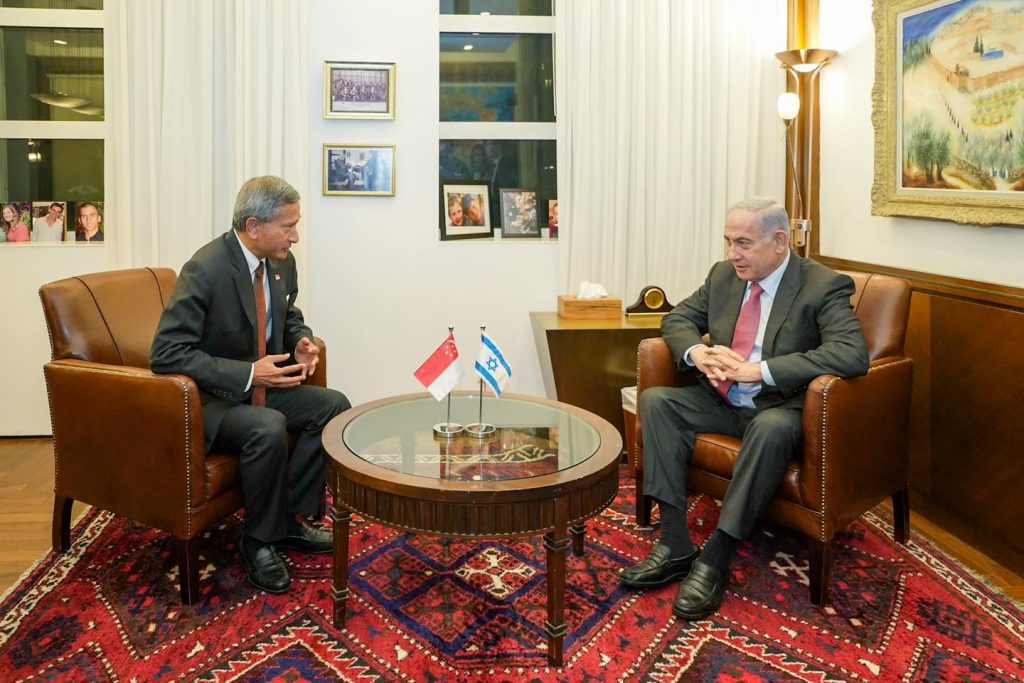
This is the reality of a small trade-dependent nation, where the government’s actions are constrained by the imperatives of maintaining diplomatic ties, economic stability, and internal security. This naturally leads to disagreements among the populace, who believe that more can be done.
And it’s not as though this belief is completely misplaced, either. As the conflict in the Middle East unfolds on our screens with graphic images of children killed or orphaned, it’s tough to feel anything else other than outrage, grief, and injustice.
Yet for a nation-state like Singapore, where every policy decision must be finely calibrated to navigate complex international dynamics, emotions—however valid—take a back seat to survival. There are specific lines not to be crossed.
Recognising this reality is the first step towards engaging more effectively with the Singapore government.
From the government’s perspective, participating in the Gaza Monologues had been a risk to be a part of something where the public could air their perspectives and have their views discussed civilly. Instead, what they took away from it all was hostility, heckling, forceful demands, and personal attacks. It was only natural that Mr Janadas ended up going on the defensive.
If the government initially believed that the issue would be far too sensitive for public discourse, it was proven right. Where it could have been an opportunity for the government to deepen its trust with local advocates and activists, it instead risked further reinforcing the government’s belief in the futility of engaging with the masses.
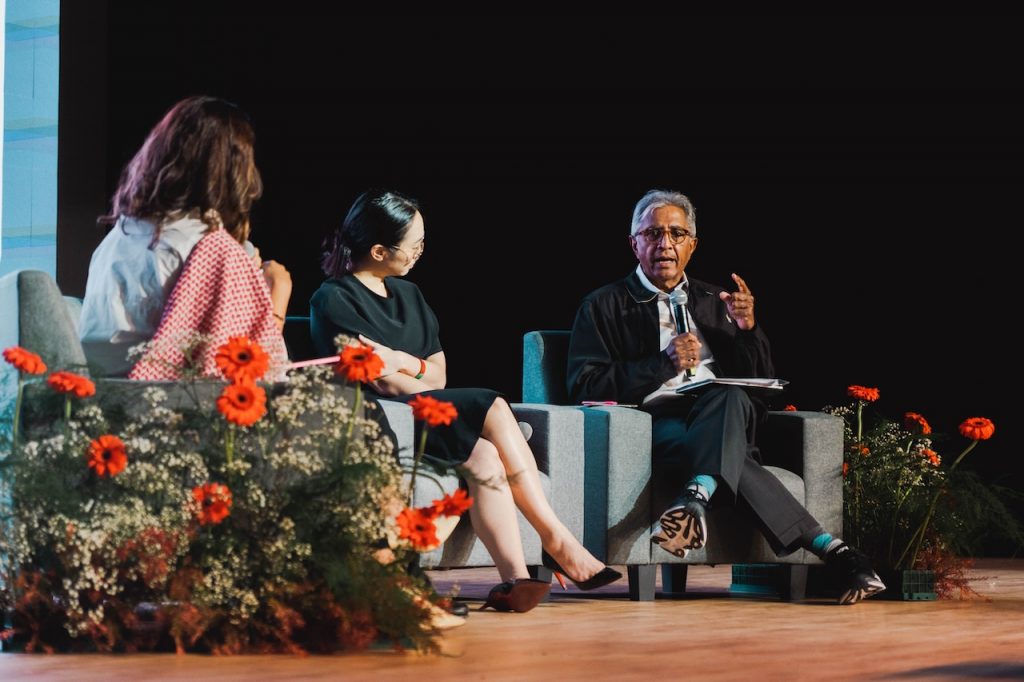
What We Can
However, it might not be entirely fair to say that discourse is not possible. Instead, it might be more accurate to say that discourse alone is not enough.
As the government sought common ground through their participation in an event like the Gaza Monologues, Singaporeans have also taken action in other ways.
For one, we raised a record $8.1 million for Gaza relief efforts. Online advocacy has been going strong on social media, while independent initiatives like the Singapore Palestine Film Festival raised awareness and further support for the cause.
At the end of the day, it helps to remember that there lies a shared aspiration between our ideals and the action that the Singapore government is able to take. Disparities in approaches and viewpoints will always persist, but our collective desire remains unwavering: to halt senseless violence and alleviate the anguish of the innocent.
If Israel is unlawfully restricting vital supplies for the people of Gaza, we can at least be thankful that Singapore did its part in airdropping humanitarian aid. And even if Israel’s government isn’t budging to stop the siege, it now knows that Singapore disagrees with its actions.
Somewhere in all this lies the balance between what citizens should expect from their government, what they can push that same government to do, and what they can do as individuals to further the causes they believe in. And it is this balance that we should continuously strive towards.

